Analyzing Trump's Statements On The War In Ukraine
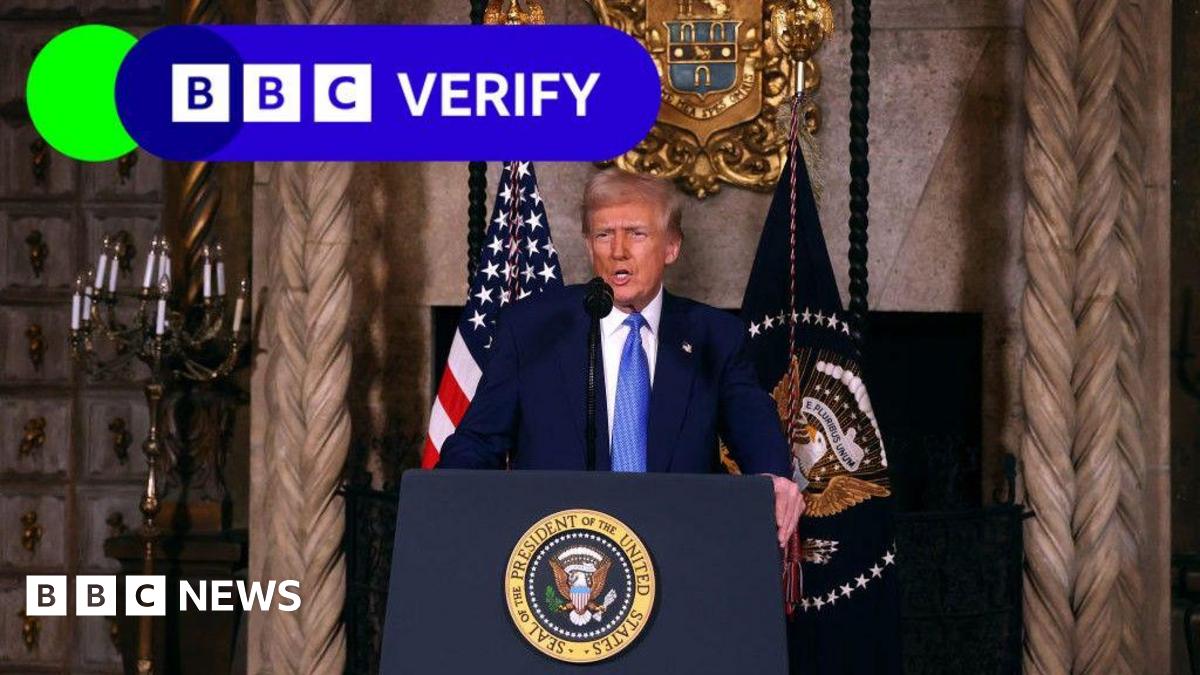
Table of Contents
Trump's Shifting Sands: An Analysis of his Ukraine War Statements
WASHINGTON, D.C. – Former President Donald Trump's pronouncements on the war in Ukraine have been marked by inconsistency and a departure from traditional Republican hawkishness, sparking debate and analysis within political circles and beyond. While initially expressing support for Ukraine's sovereignty, his rhetoric has veered dramatically, often aligning with pro-Putin narratives and raising eyebrows amongst allies. This analysis delves into the evolution of Trump's statements, examining their implications for both domestic and international relations.
From the outset of the Russian invasion in February 2022, Trump's statements exhibited a noticeable ambivalence. While he condemned the invasion in initial remarks, his praise for Vladimir Putin’s leadership, even prior to the invasion, laid the groundwork for a later, more sympathetic stance towards the Kremlin. Early statements focused on the supposed strength of the Russian military, a stark contrast to the assessments of most Western intelligence agencies. [This initial assessment was largely unsubstantiated and contradicted by numerous reports on the Russian military's logistical and strategic shortcomings in the early stages of the war.]
As the war progressed, Trump’s rhetoric shifted further. He repeatedly questioned the wisdom of U.S. aid to Ukraine, describing it as wasteful spending and suggesting that the conflict could be easily resolved through negotiation—negotiations he implied would favor Russia's interests. [His calls for negotiation were often coupled with criticism of the Biden administration's handling of foreign policy and aid distribution. Specific instances include his remarks at rallies and interviews, where he suggested a quick end to the conflict possibly involving territorial concessions by Ukraine. These statements were met with fierce criticism from both Democrats and many Republicans.]
Beyond questioning aid, Trump also voiced support for ideas that align with Russian propaganda. He repeatedly downplayed the severity of Russia's atrocities in Ukraine, echoing Kremlin talking points about the war being a Ukrainian-provoked conflict. [For instance, Trump echoed Putin's false claim that the war was caused by NATO expansion, neglecting to mention Russia's long history of aggression towards its neighbors and its unprovoked invasion of Ukraine. These statements frequently appeared on his social media platform, Truth Social, and were amplified by pro-Russian media outlets.]
This evolving narrative has led to intense scrutiny. Critics accuse Trump of undermining U.S. support for Ukraine and playing into the hands of Russian disinformation campaigns. Supporters, however, argue that Trump's focus on ending the conflict through negotiation is pragmatic and in the best interests of the U.S., regardless of the implications for Ukraine's sovereignty. [This argument, however, ignores the potential for rewarding Russian aggression and destabilizing the global order. Many foreign policy experts have warned that such concessions would only embolden Russia and encourage further acts of aggression.]
The implications of Trump's statements extend beyond immediate political discourse. His consistent undermining of the U.S.'s commitment to supporting Ukraine raises questions about the future of transatlantic alliances and the strength of the collective West’s response to Russian aggression. [This has raised concerns amongst European allies, who view a potential Trump return to power as a major threat to their security. Statements from various European leaders indicate anxieties about a potential shift in U.S. policy under a Trump presidency.]
Trump's evolving positions on the Ukraine conflict will continue to shape political debate in the U.S. and globally. His statements, regardless of their intention, serve as a potent example of the complexities and challenges of maintaining a consistent and effective foreign policy in an era of rapidly changing geopolitical dynamics. The lasting consequences of his rhetoric, however, remain to be seen.

Featured Posts
-
 Michigan Wolverines Basketball Dusty May Gets Contract Extension
Feb 22, 2025
Michigan Wolverines Basketball Dusty May Gets Contract Extension
Feb 22, 2025 -
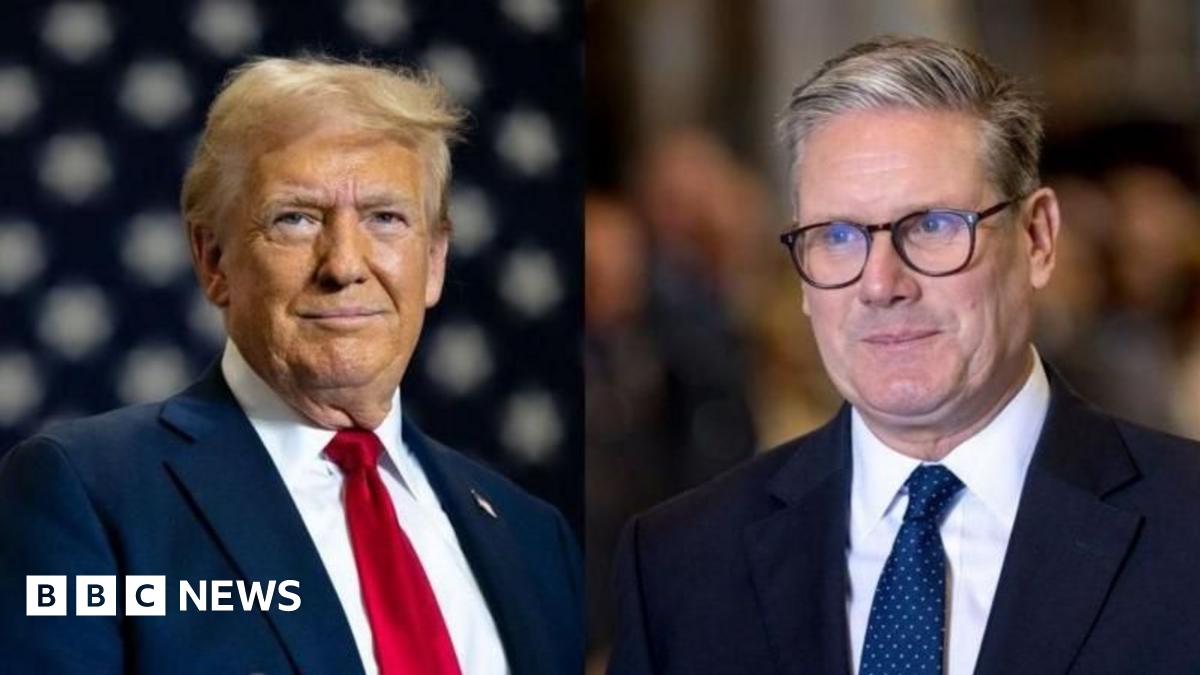 Starmers Us Trip What Worries Officials
Feb 22, 2025
Starmers Us Trip What Worries Officials
Feb 22, 2025 -
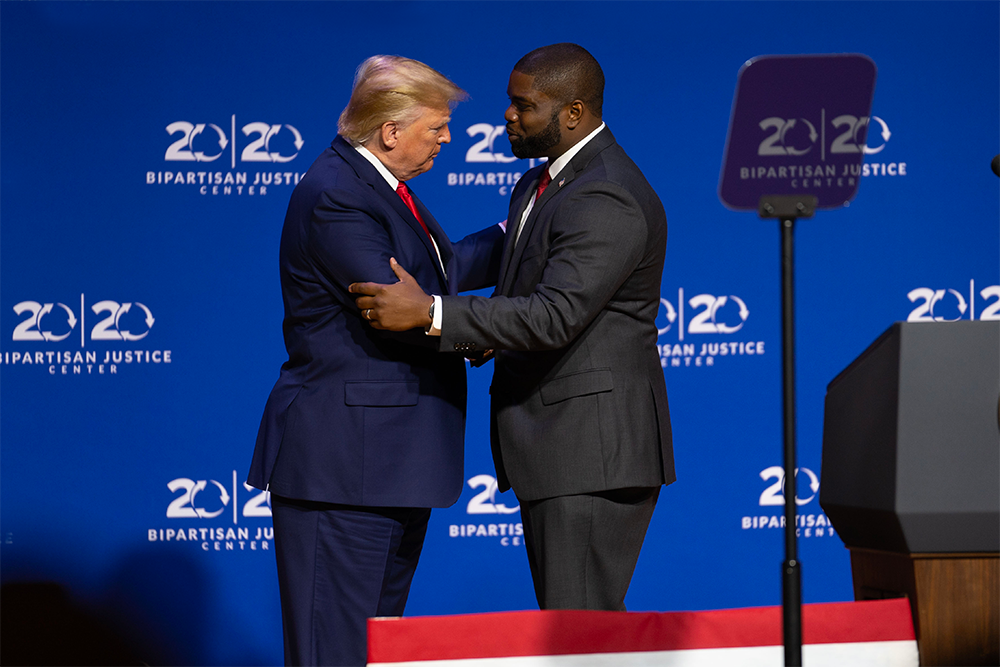 Byron Donalds The Trump Backed Candidate For Speaker
Feb 22, 2025
Byron Donalds The Trump Backed Candidate For Speaker
Feb 22, 2025 -
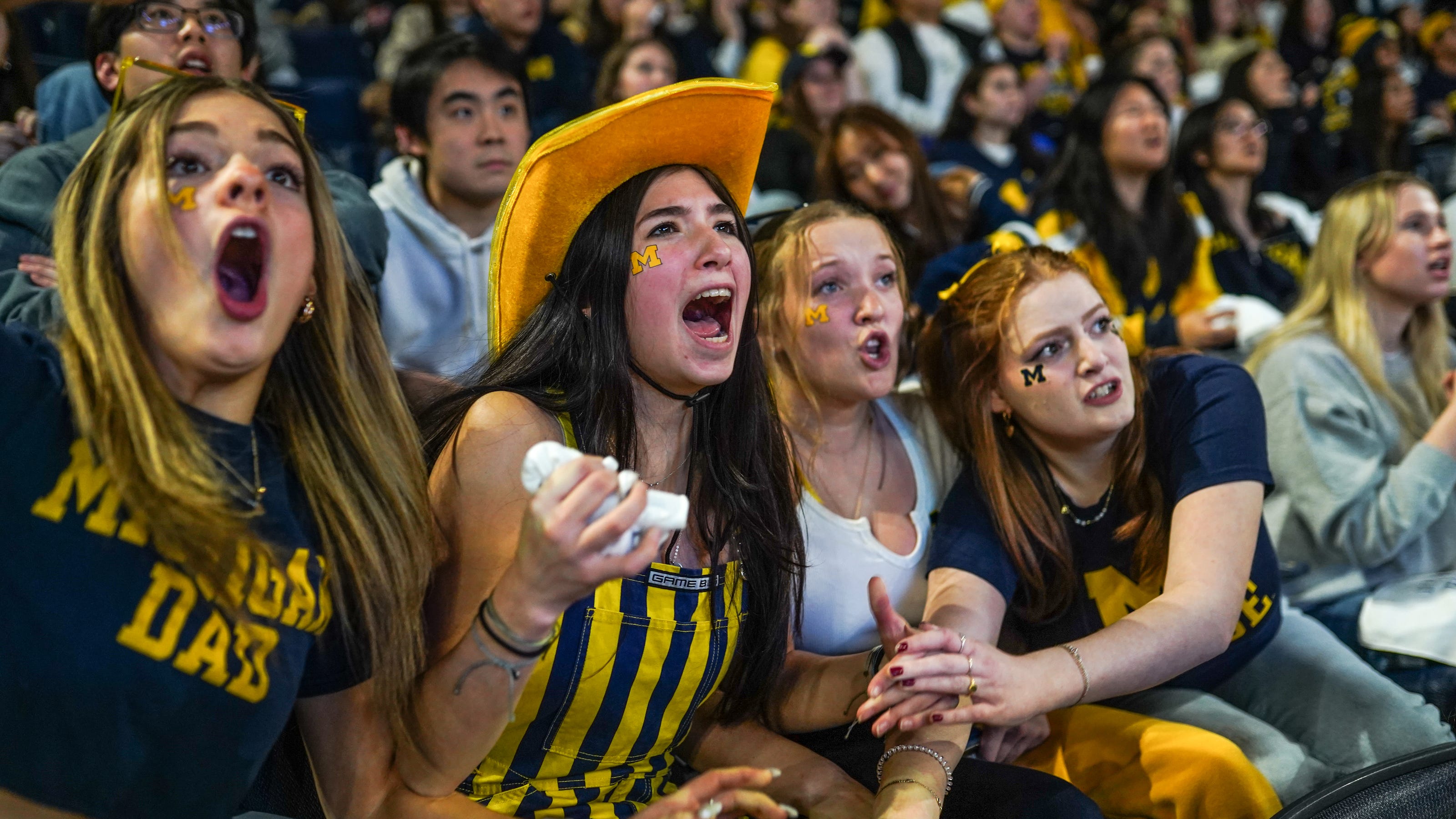 Michigan State Vs Michigan Where To Watch Game Time Betting Odds And Broadcast Team
Feb 22, 2025
Michigan State Vs Michigan Where To Watch Game Time Betting Odds And Broadcast Team
Feb 22, 2025 -
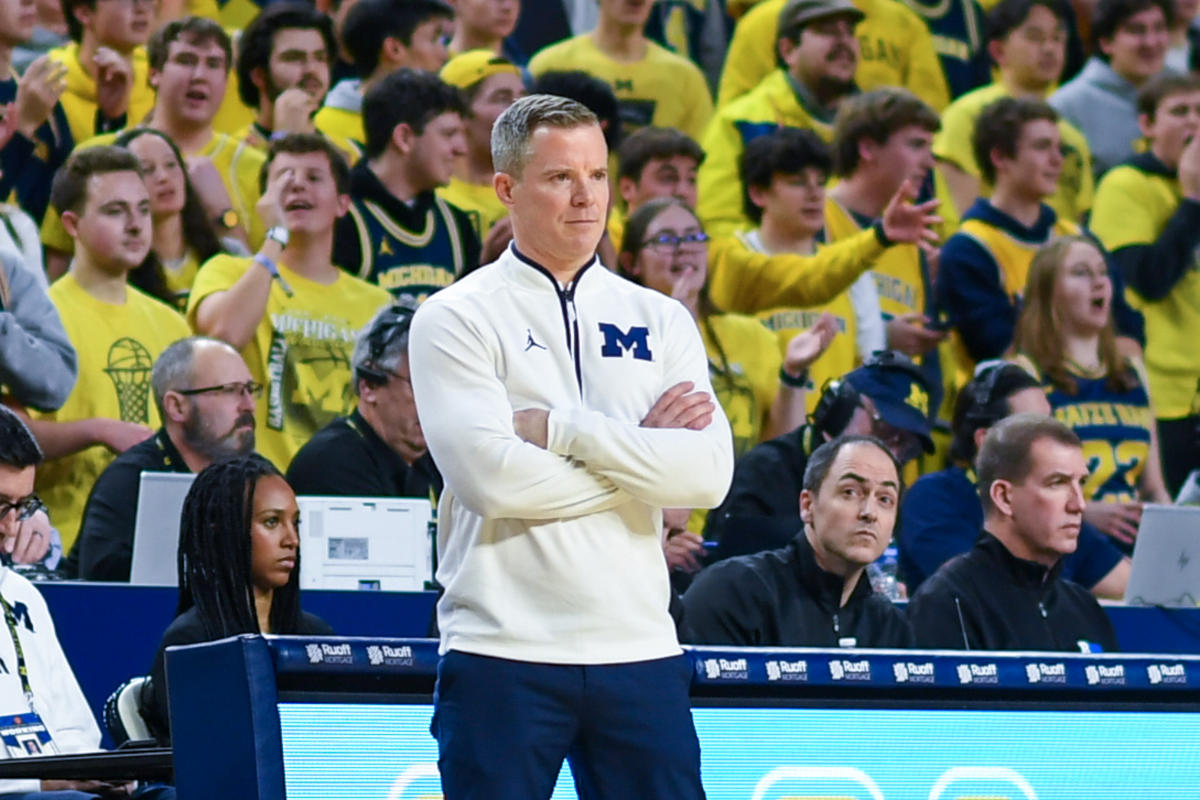 Coach Dusty May Secures New Deal With University Of Michigan
Feb 22, 2025
Coach Dusty May Secures New Deal With University Of Michigan
Feb 22, 2025
Latest Posts
-
 Watch Aston Villa Vs Chelsea Live Stream Details Tv Channel And More
Feb 23, 2025
Watch Aston Villa Vs Chelsea Live Stream Details Tv Channel And More
Feb 23, 2025 -
 Eggleston And Hamsterley Trail Running Jenny Halls Insights And Experiences
Feb 23, 2025
Eggleston And Hamsterley Trail Running Jenny Halls Insights And Experiences
Feb 23, 2025 -
 Can The Wolf Pack Snap Their Skid Tonight Pre Game Report
Feb 23, 2025
Can The Wolf Pack Snap Their Skid Tonight Pre Game Report
Feb 23, 2025 -
 Mayor Bass Dismisses L A Fire Chief Unresolved Tensions Cited
Feb 23, 2025
Mayor Bass Dismisses L A Fire Chief Unresolved Tensions Cited
Feb 23, 2025 -
 Manchester United Held To 2 2 Draw In Tense Premier League Clash
Feb 23, 2025
Manchester United Held To 2 2 Draw In Tense Premier League Clash
Feb 23, 2025
